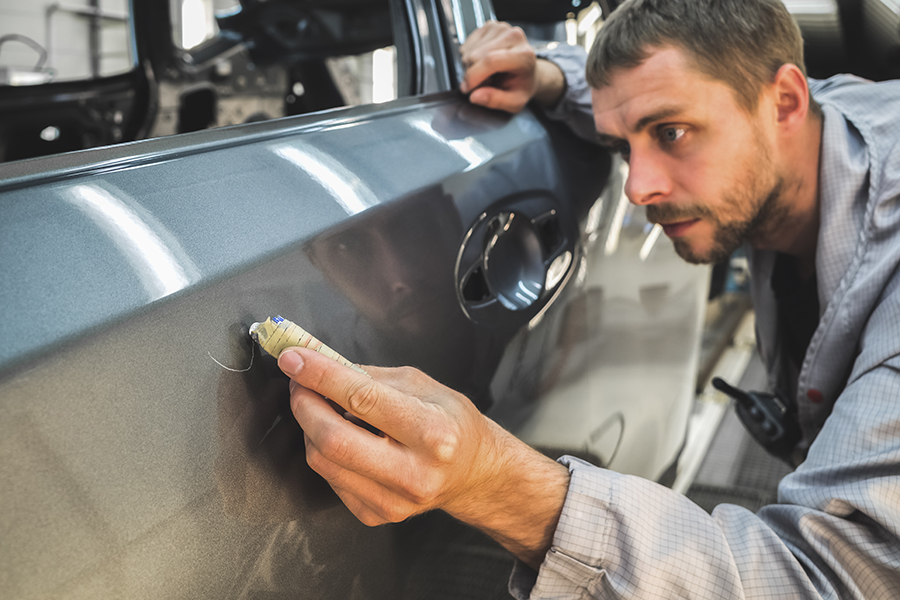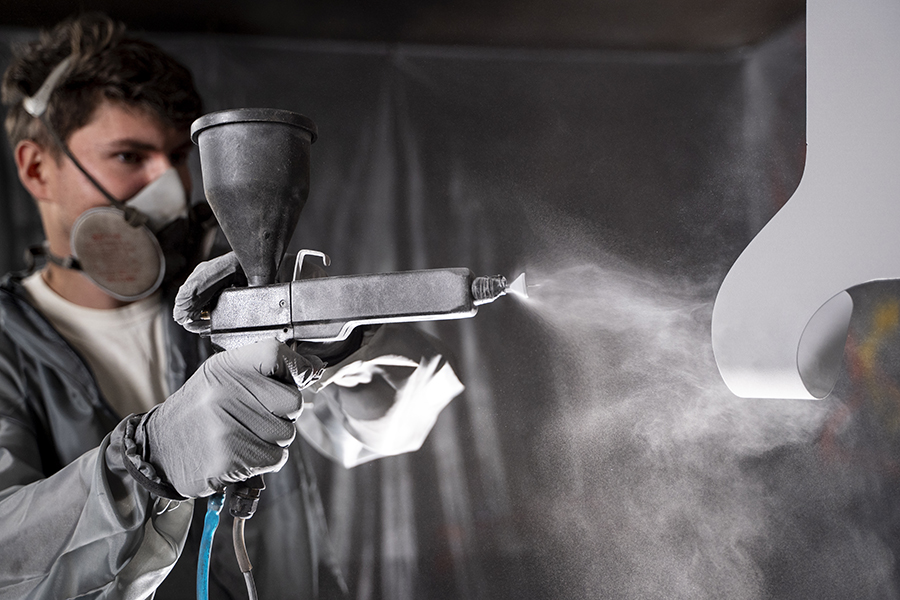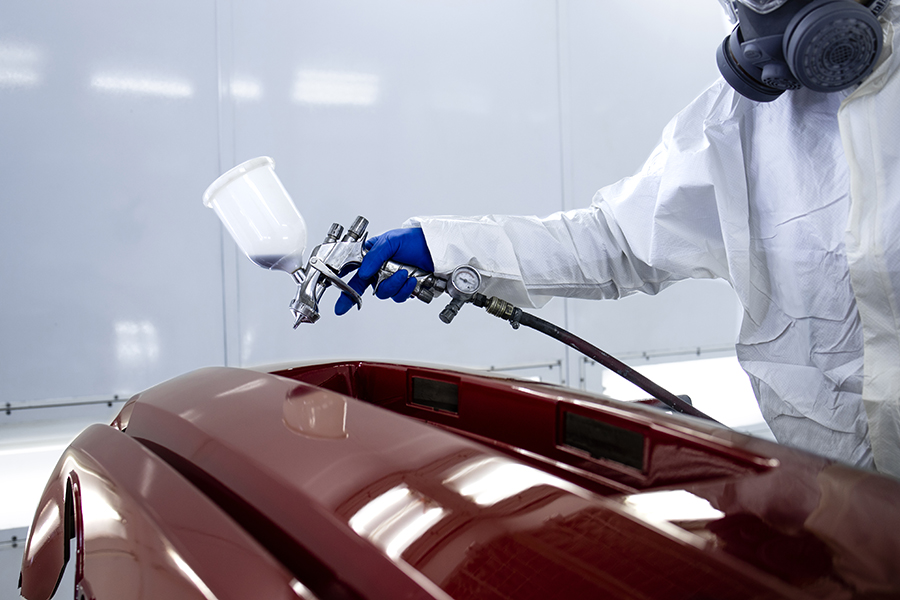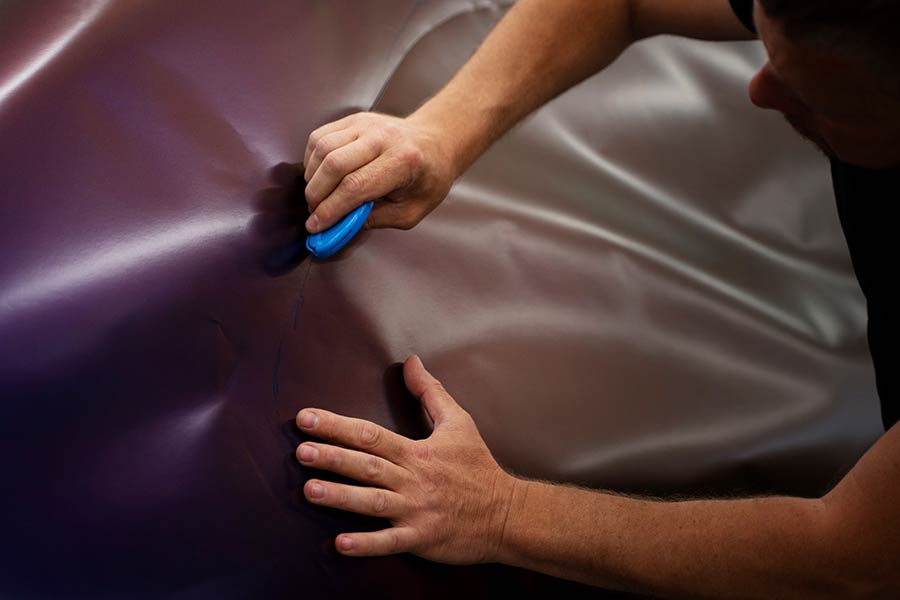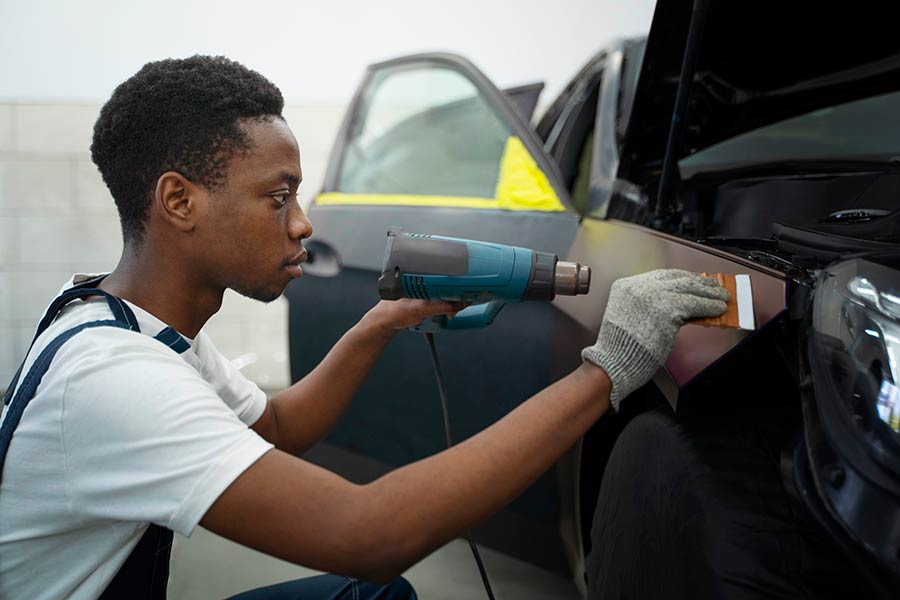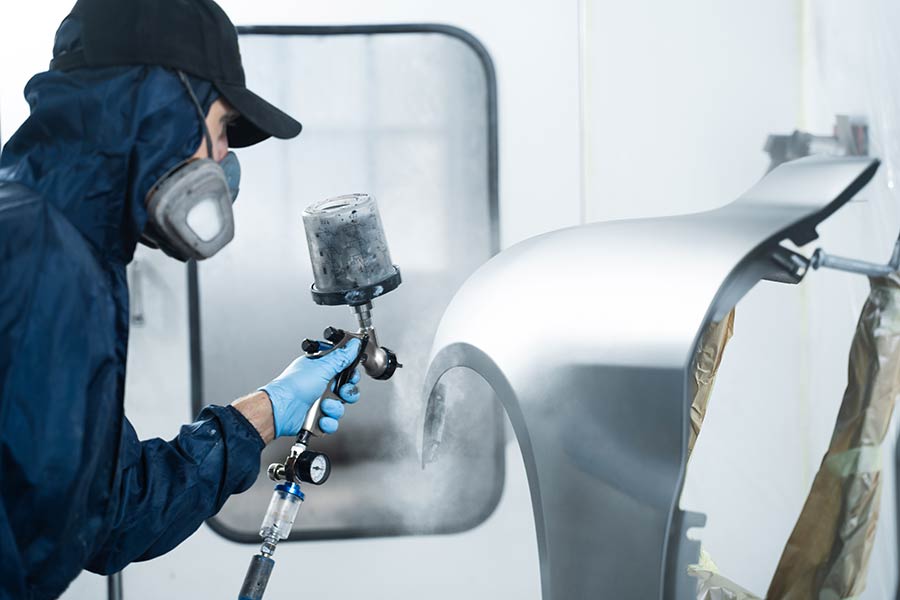Ever seen a scratch on your car and felt like it was the end of the world? You're not alone. Scratches and paint chips can make your ride look old and tired. But guess what? Fixing them isn’t rocket science. With some easy tips and tricks, you can make your car shine like new again. It's like giving your car a little TLC without breaking the bank. So, why not roll up your sleeves and dive into the world of scratch and paint repair? Your car deserves a bit of love too!
Key Takeaways
- Identify Scratch Type: Learn to spot the difference between surface-level and deep scratches for proper repair.
- DIY Steps: Use simple tools like toothpaste or scratch repair kits for minor scratches.
- When to Seek Help: Know when a professional is needed for deeper, more complex damage.
- Choose Wisely: Select the right scratch remover based on scratch severity and car paint type.
- Prevention Tips: Regular waxing and careful parking can help avoid new scratches.
- Stay Informed: Keep learning about new products and methods for better car maintenance.
Understanding Car Scratches
Types of Scratches
Car scratches come in different types. Clear coat scratches affect only the top layer. These are usually light and can be fixed easily. Paint scratches go deeper, reaching the color layer. They need more attention to repair. Deep scratches are the worst. They reach the metal or primer, causing damage that requires professional help.
Causes of Scratches
Scratches happen for many reasons. Accidental contact with sharp objects is common. This might include keys or tools. Environmental factors also play a role. Tree branches can scrape the car when driving near them. Parking lots are another risk area. Cars parked too close can bump into each other, leaving marks.
Assessing Scratch Severity
To fix a scratch, you need to know how bad it is. Look at the depth and length of the scratch first. A deep scratch may affect multiple layers of paint. Use the fingernail test to check severity. If your nail catches in the scratch, it is likely deep and needs more work.
DIY Scratch Repair Methods
Basic Tools Needed
You need a few tools to fix car scratches at home. Microfiber cloths are essential for cleaning the area. They help remove dirt without causing more scratches. You should also get a scratch repair kit or touch-up paint. These kits usually have everything you need to repair minor damage. Sandpaper and polishing compound are also important. Sandpaper helps smooth out rough spots, while the polishing compound makes the paint shine.
Step-by-Step Process
First, clean the scratched area well. Use water and soap with a microfiber cloth. This removes any dirt or debris. Then, apply the scratch remover or touch-up paint. Follow the instructions on the product for the best results. After applying, let it dry as needed. Finally, buff and polish the area with a soft cloth. This step gives your car a smooth and shiny finish.
Common Mistakes to Avoid
Avoid using rough cloths during the process. They can make scratches worse. Always clean the area before starting any repairs. Skipping this step might trap dirt under the paint, leading to poor results. Do not over-sand the area either. Too much sanding can remove more paint than necessary, exposing bare metal.
Professional Repair Options
When to Seek Professional Help
etimes, fixing car scratches on your own is not enough. Deep or extensive scratches need expert attention. These can expose the metal beneath the paint. If unsure about DIY methods, it's best to ask for help. Professionals know the right techniques and tools to use. For luxury vehicles, it's wise to consider professional services. They have special paints and materials that match high-end cars.
Cost Considerations
Repairing scratches can cost money. Compare the expenses of doing it yourself versus hiring a professional. DIY might seem cheaper at first. But buying tools and materials adds up. Professionals may charge more upfront. However, they often provide quality repairs that last longer. This can mean long-term savings because you avoid repeat fixes.
Choosing a Repair Service
Picking the right repair service is important. Research the reputation of different services before deciding. Look at customer reviews online to see what others say. It's also good to check if technicians have certifications and experience. This ensures they know what they're doing. Ask about warranties and service guarantees too. These protect you if something goes wrong after the repair.
Selecting Scratch Removers
Key Features to Look For
When choosing a scratch remover, high-quality materials and paints are crucial. They ensure the repair blends well with your car's original look. Quick turnaround times are also important. Some services can fix scratches in just a few hours. Eco-friendly repair practices matter too. These practices help protect the environment while keeping your car looking great.
Testing and Effectiveness
Before using a scratch remover, test it on a small area first. This helps you see if it works well with your car's paint. Assess results after each repair step. Make sure the scratch is less visible before moving on. Monitor durability over time to ensure the repair lasts long. If the scratch reappears soon, consider trying another product.
Top Products for 2024
There are many great scratch repair kits available in 2024. Some top kits include Turtle Wax Scratch Repair Kit and Meguiar’s Ultimate Compound. Popular touch-up paints like Dupli-Color Perfect Match offer precise color matching. Polishing compounds such as 3M Scratch Remover can help restore shine to your car’s surface. These products make it easier to handle minor repairs yourself.
Preventing Future Scratches
Regular Maintenance Tips
Keep your car looking new with regular care. Wash and wax the car often to protect the paint. This keeps dirt and grime from scratching the surface. Inspect for new scratches frequently. Catching them early can save time and money later. Address minor scratches promptly to prevent worsening. Small scratches can turn into big problems if ignored.
Protective Coatings and Films
Consider using protective coatings for added safety. Ceramic coatings offer a hard layer over the paint. They shield against minor scratches and UV rays. Paint protection films are another option. These films act like a clear shield over your car's paint. Evaluate cost-effectiveness before deciding on these measures. While they may seem pricey, they can save on future repairs.
Safe Parking Practices
Parking safely can help avoid damage. Park away from high-traffic areas to avoid dings from other cars. Use covered parking to protect from environmental damage like sun or hail. Be cautious of tight parking spaces to prevent scratches. Squeezing into small spots can lead to accidental scrapes.
Closing Thoughts
Alright, folks, you've got this car scratch thing down pat. From understanding those pesky marks to picking the right scratch remover, you're ready to tackle them like a pro. Whether you're rolling up your sleeves for a DIY fix or calling in the experts, you've got options galore. It's like choosing between a home-cooked meal and dining out—both can be satisfying!
But hey, prevention is key. Keep your ride looking slick by avoiding future scratches. Think of it as giving your car a little extra love so it stays shiny and new. Now, go ahead and put your newfound knowledge to work. Share these tips with your fellow car enthusiasts. Let's keep our wheels looking fresh! Got any other car care secrets? We'd love to hear 'em. Dive into the comments and let's chat!
Frequently Asked Questions
What causes car scratches?
Car scratches can happen from various sources. Think of them as battle scars from parking lot skirmishes, rogue shopping carts, or even tree branches. They’re a part of life, but thankfully, they’re not permanent.
Can I fix car scratches myself?
Absolutely! DIY scratch repair is like a home-cooked meal for your car. You can use kits available in stores. Just follow the instructions, and you'll save some bucks.
When should I opt for professional scratch repair?
If the scratch is deep enough to expose metal or if you're seeing rust, it's time to call in the pros. Think of it as taking your car to the spa for a full makeover.
How do I choose the right scratch remover?
Choosing a scratch remover is like picking the right tool for a job. Check reviews, match it with your car's paint type, and test it on a small area first.
What are some easy tips to prevent future scratches?
Prevention is better than cure! Park away from crowded areas, avoid tight spaces, and invest in quality car covers. Treat your car like a prized possession, and it’ll stay shiny longer.
Is waxing my car helpful in preventing scratches?
Yes! Waxing acts like sunscreen for your car’s paint. It adds a protective layer that helps fend off minor abrasions and keeps your vehicle gleaming like new.
Are there any risks involved with DIY scratch repairs?
There are minor risks, like mismatched paint or worsening the scratch. But with careful attention and following instructions, you can minimize these risks. It's all about patience and precision.
